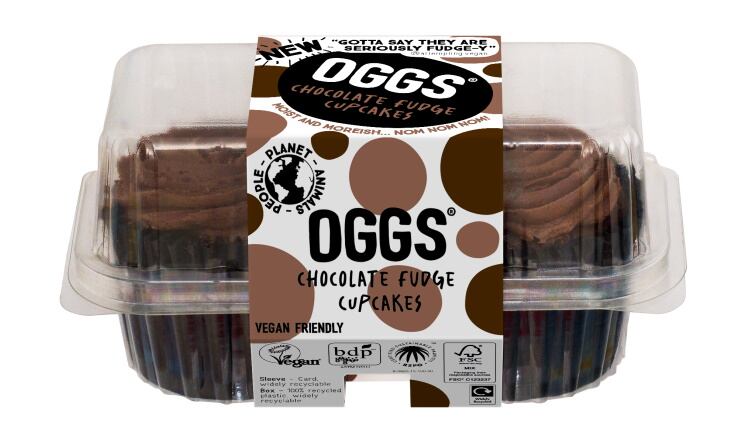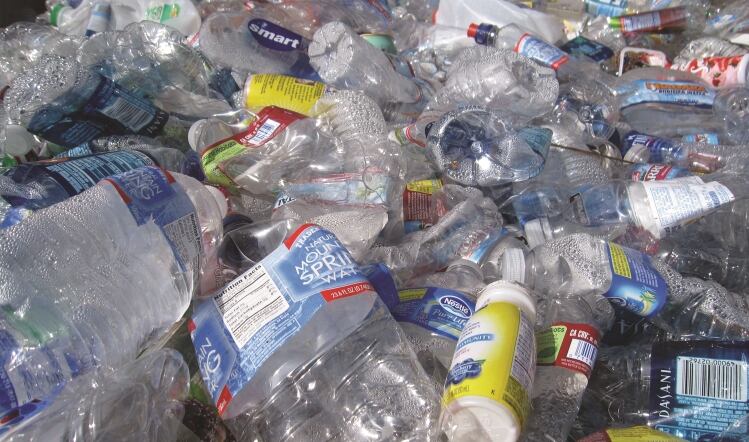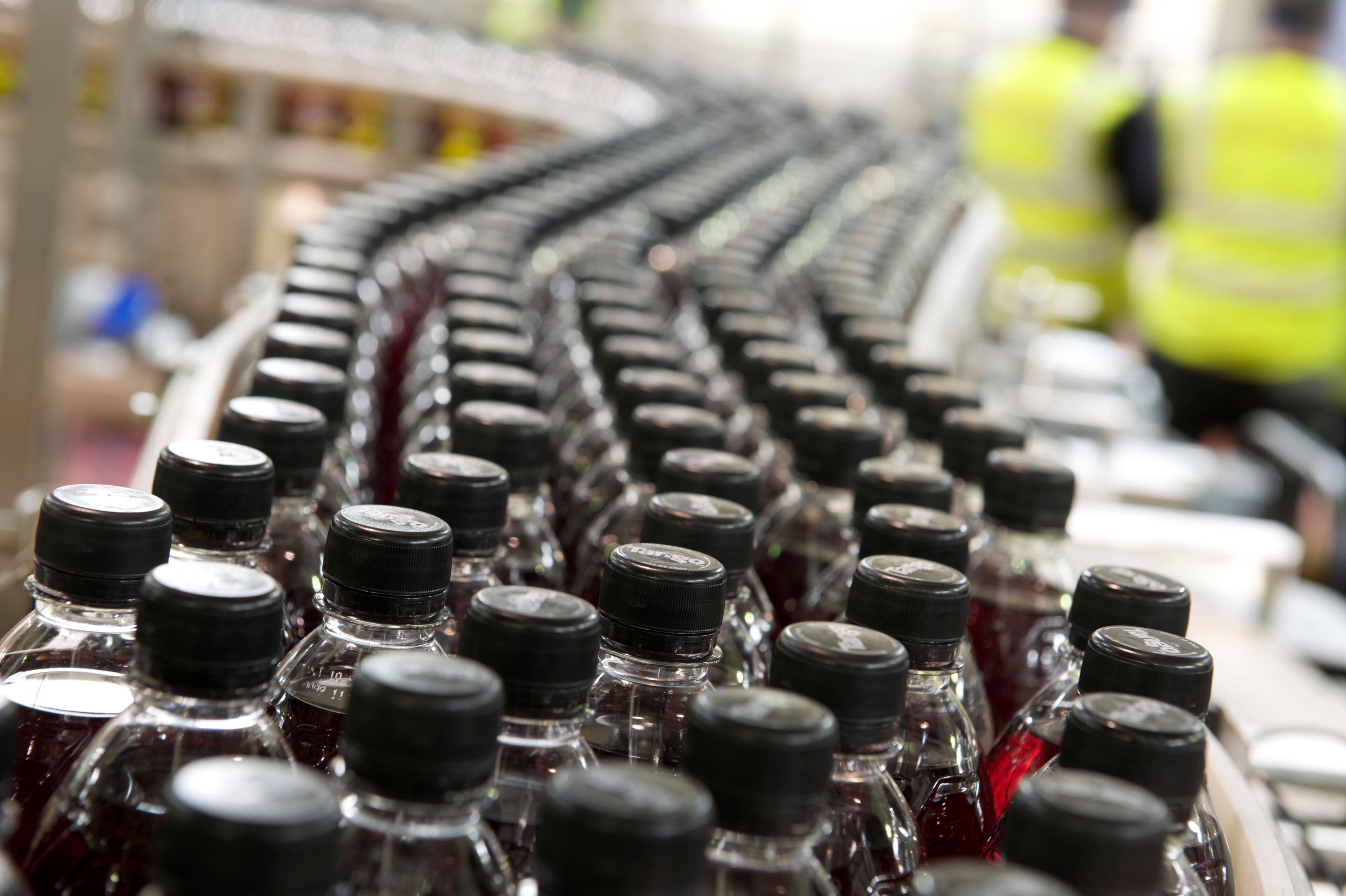However, the substance is coming under close scrutiny following ambitious claims made by the additive supplier and by converters.
Macpac is producing the UK’s latest commercialised example for products including cupcakes and mince pies under the Oggs brand. Under its own BreakdownPET name, Macpac is providing Oggs with 100% recycled polyethylene terephthalate (rPET), which remains fully recyclable but which also, if sent to landfill, “breaks down to biomass within a decade”, according to the converter.
‘Designed to enhance biodegradation’
However, Canadian-based firm Breakdown Plastic (BDP), which supplies eponymously-named additive used by Macpac, among others, only claims on its website that it is “designed to enhance biodegradation” in a loading of just 1% by weight. The firm was invited to comment on claims made about BDP.
Rafael Auras, professor at Michigan State University School of Packaging in the US has carried out extensive research into biodegradability.
“With regard to the tests I’ve seen up to now, I’ve not seen any compelling data that these types of additive technologies render regular, non-biodegradable polymers, such as polyolefins, biodegradable,” he told Food Manufacture.
Limited evidence
In a statement, Oggs chief executive Hannah Carter referred to its packaging being “100% biodegradable in landfill”. In fact, Breakdown Plastics has said that 60 days of testing under ASTM D5511 conditions produced 12.6% of “enhanced biodegradation”, and that no testing was carried out beyond this point. In research terms, it is impossible to extrapolate 100% biodegradation from this limited evidence.
The US-based ASTM D5511 is not a composting standard and offers no pass/no-pass criteria, unlike the EN13432 standard, for example.
In the past, Breakdown Plastic has contrasted the microbial activity of BDP with the straightforward fragmentation said to occur with oxo-degradable additives.




